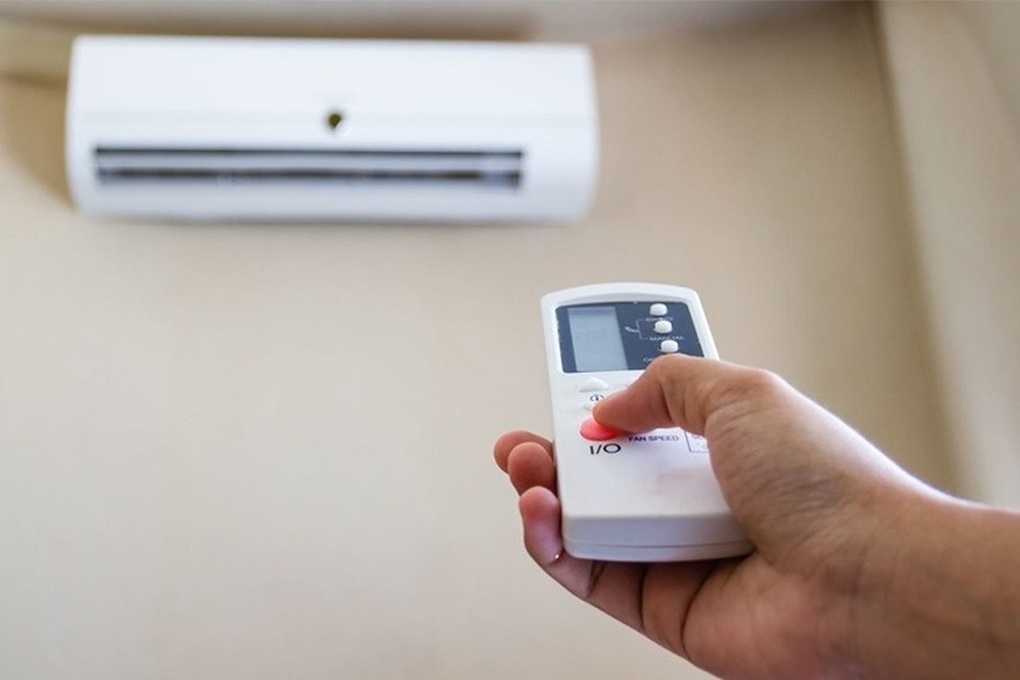
Residential air conditioners with a capacity of 9,000 to 18,000 BTU are not subject to special consumption tax (Photo: Getty).
In the morning session on June 14, the National Assembly officially passed the Law amending and supplementing a number of articles of the Law on Special Consumption Tax, in which an additional tax rate of 10% will be applied to air conditioners with a capacity of 24,000 to 90,000 BTU, effective from January 1, 2026.
Unlike residential air conditioners with a capacity of 9,000 to 18,000 BTU, the 24,000–90,000 BTU type is often integrated into a central, multi-connected, VRF/VRV air conditioning system or a rooftop unit.
These systems are permanently installed in hotels, hospitals, schools, shopping malls, factories or office complexes... They are capable of cooling an area of up to 300–800 m² per cluster.
Due to its continuous operation and high power consumption, this type of equipment has become subject to regulation in the context of Vietnam promoting energy transition and reducing greenhouse gas emissions.
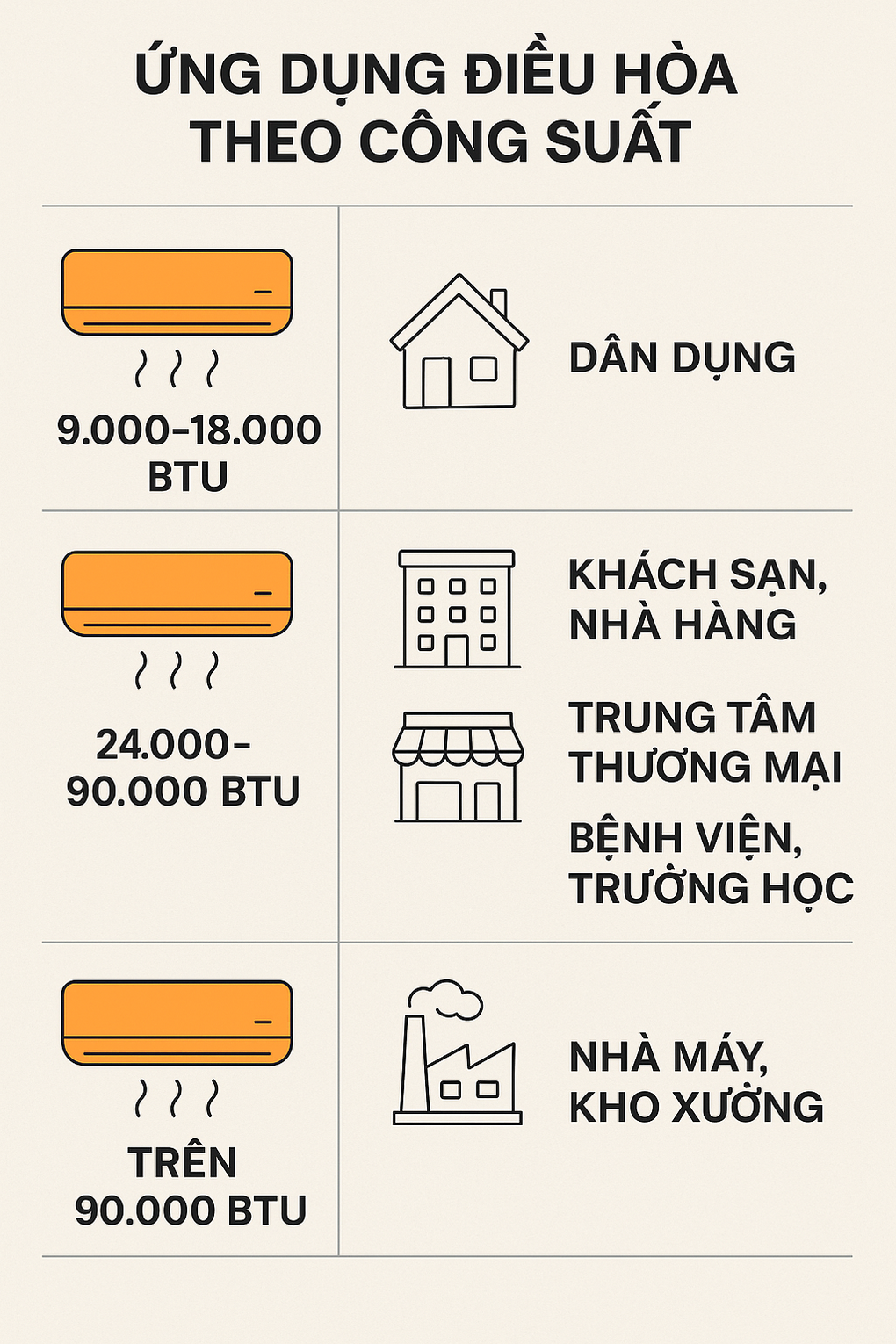
From a technological perspective, large capacity air conditioners are in the process of shifting from single-stage to two-stage compressor technology, from fixed mechanisms to inverters, and from R410a gas to environmentally friendly refrigerants such as R32 or R290.
The imposition of special taxes on this product group is considered a push to promote the market to switch to high-performance HVAC models, with energy-saving certification, or integrated control monitoring capabilities via IoT/AI.
It is obvious that the new policy from the Law on Special Consumption Tax is not aimed at individual consumers, because medium-power devices are not common in ordinary homes.
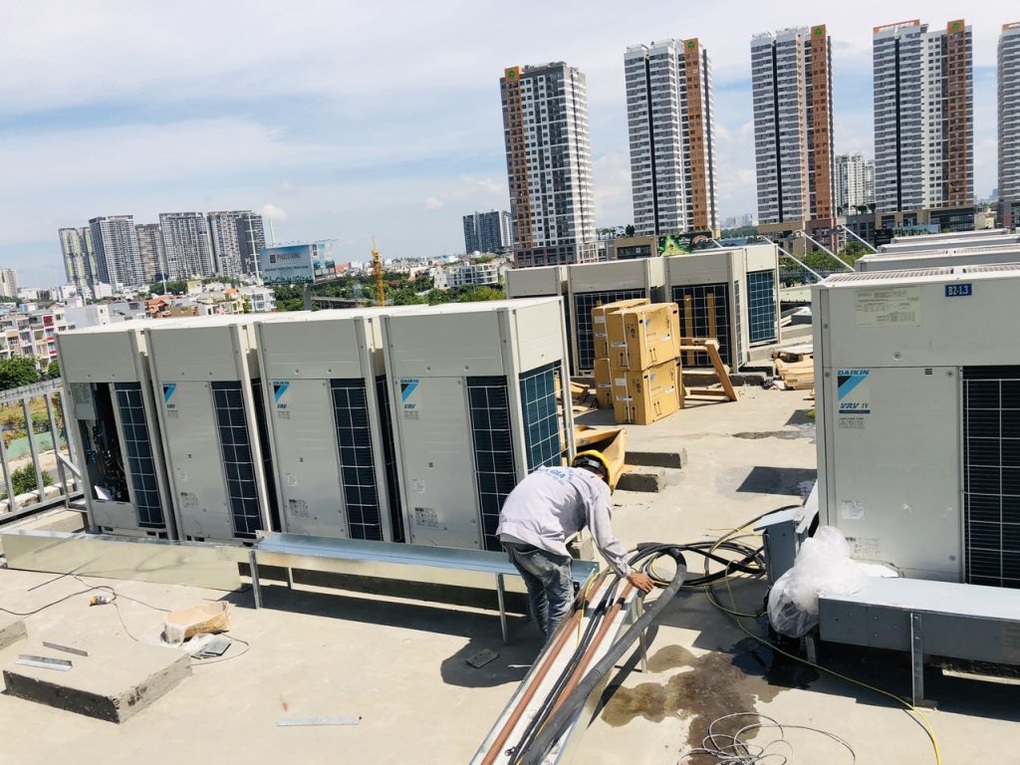
24,000–90,000 BTU air conditioners are often found in central air conditioning systems (Photo: Hanoi Air Conditioning Technicians Association).
Specifically, air conditioners with a capacity of less than 24,000 BTU (installed in rooms of 15–40 m²) are still completely exempt from tax, in order to stabilize the civil market. Along with that, systems with a capacity of over 90,000 BTU – used for factories and large-scale cold storage – are also not subject to adjustment due to their technical characteristics.
Energy experts say this is a step in the right direction given Vietnam's commitment at COP26 to be carbon neutral by 2050, especially as the air conditioning industry accounts for more than 10% of the country's total electricity consumption each year.
Imposing special consumption tax is a technology-based policy approach that both regulates investment in outdated old equipment and encourages the market to accelerate innovation towards smart, economical and green technology.
Source: https://dantri.com.vn/cong-nghe/nhung-dong-dieu-hoa-nao-se-vao-dien-chiu-thue-tieu-thu-dac-biet-20250614142513644.htm



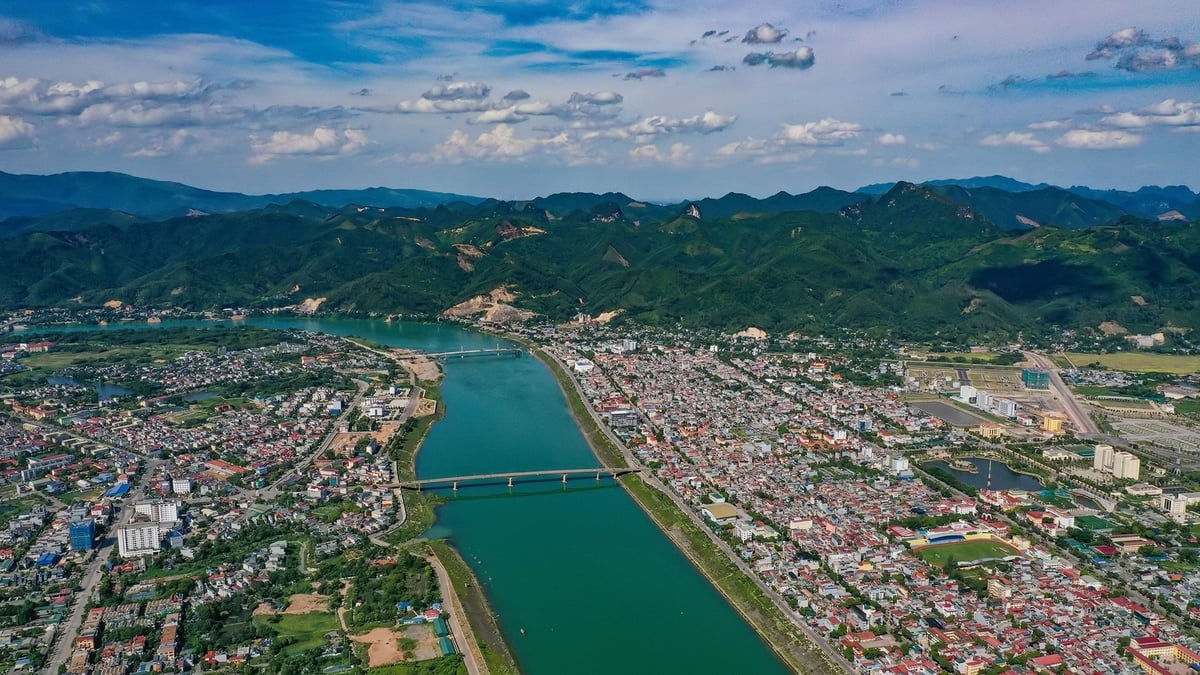








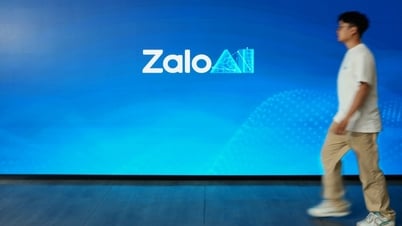
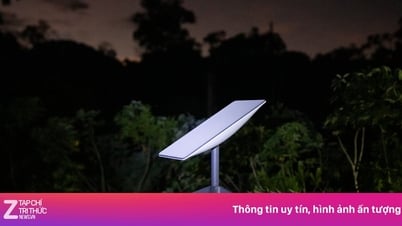






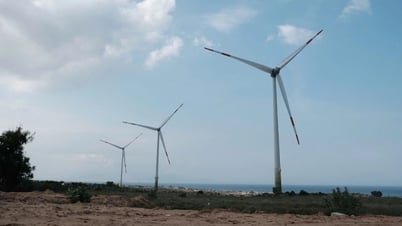






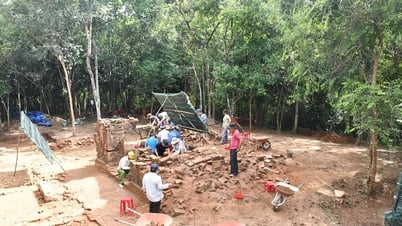









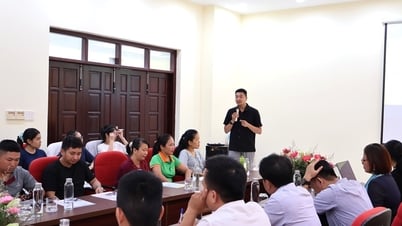




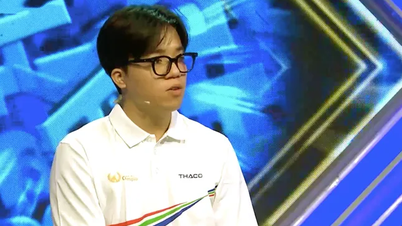






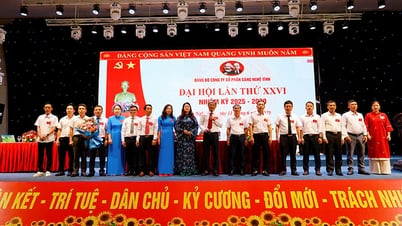

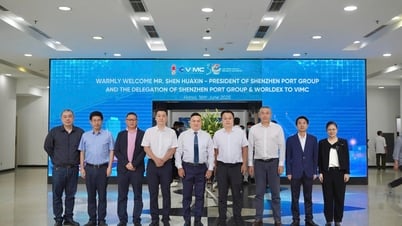
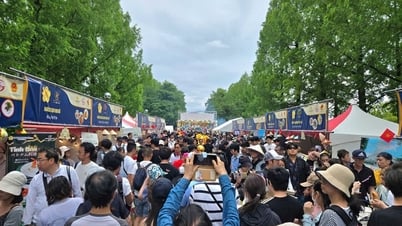
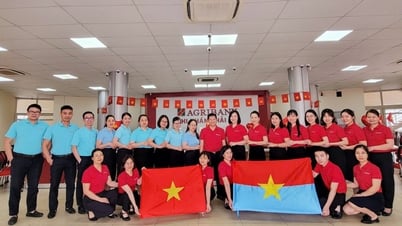

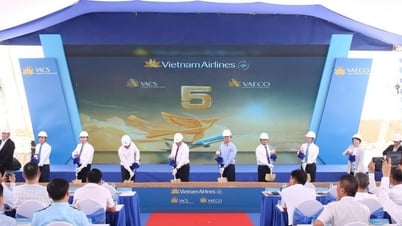


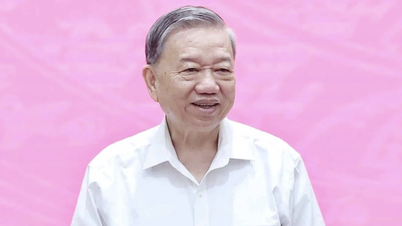



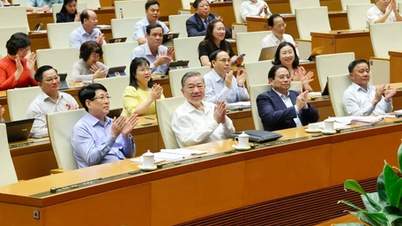



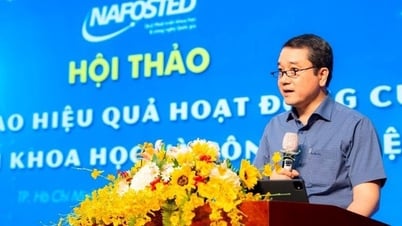



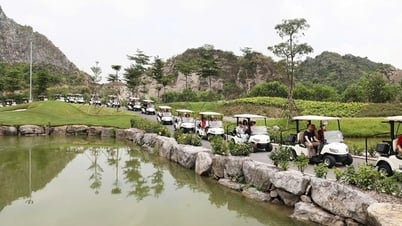
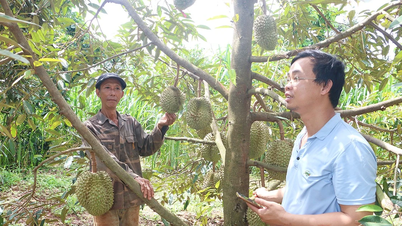

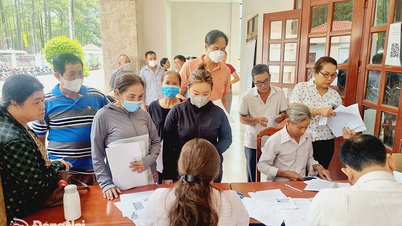



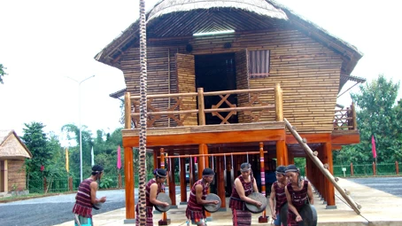
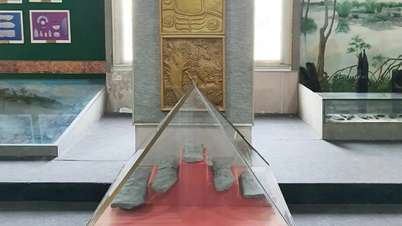
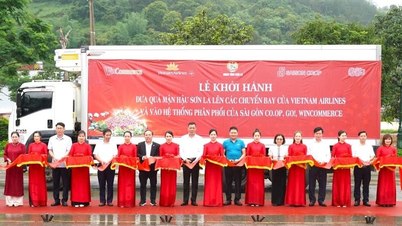












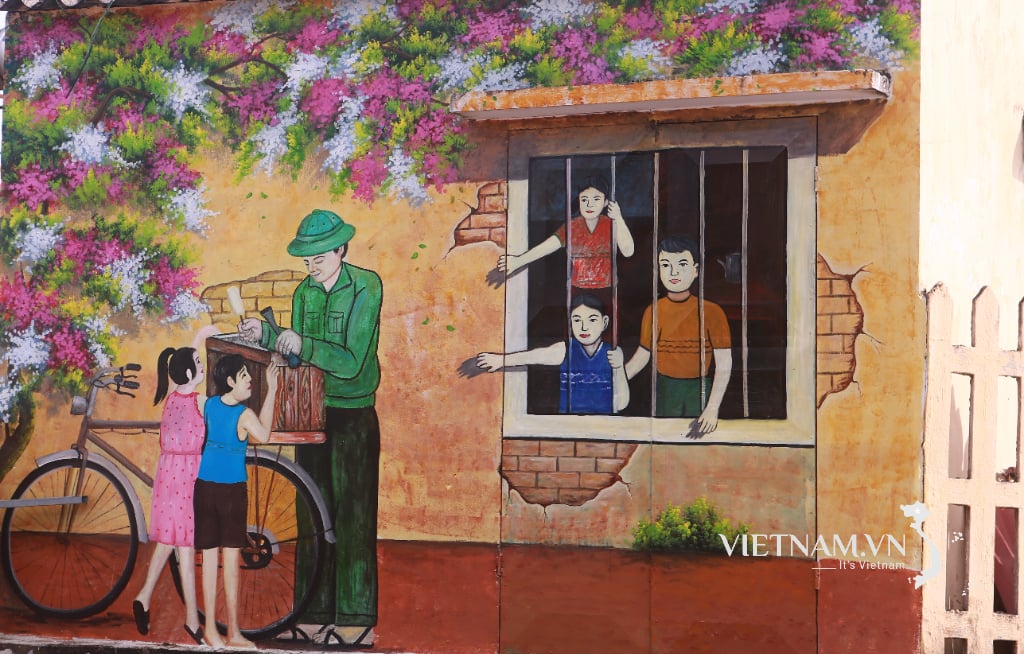

Comment (0)